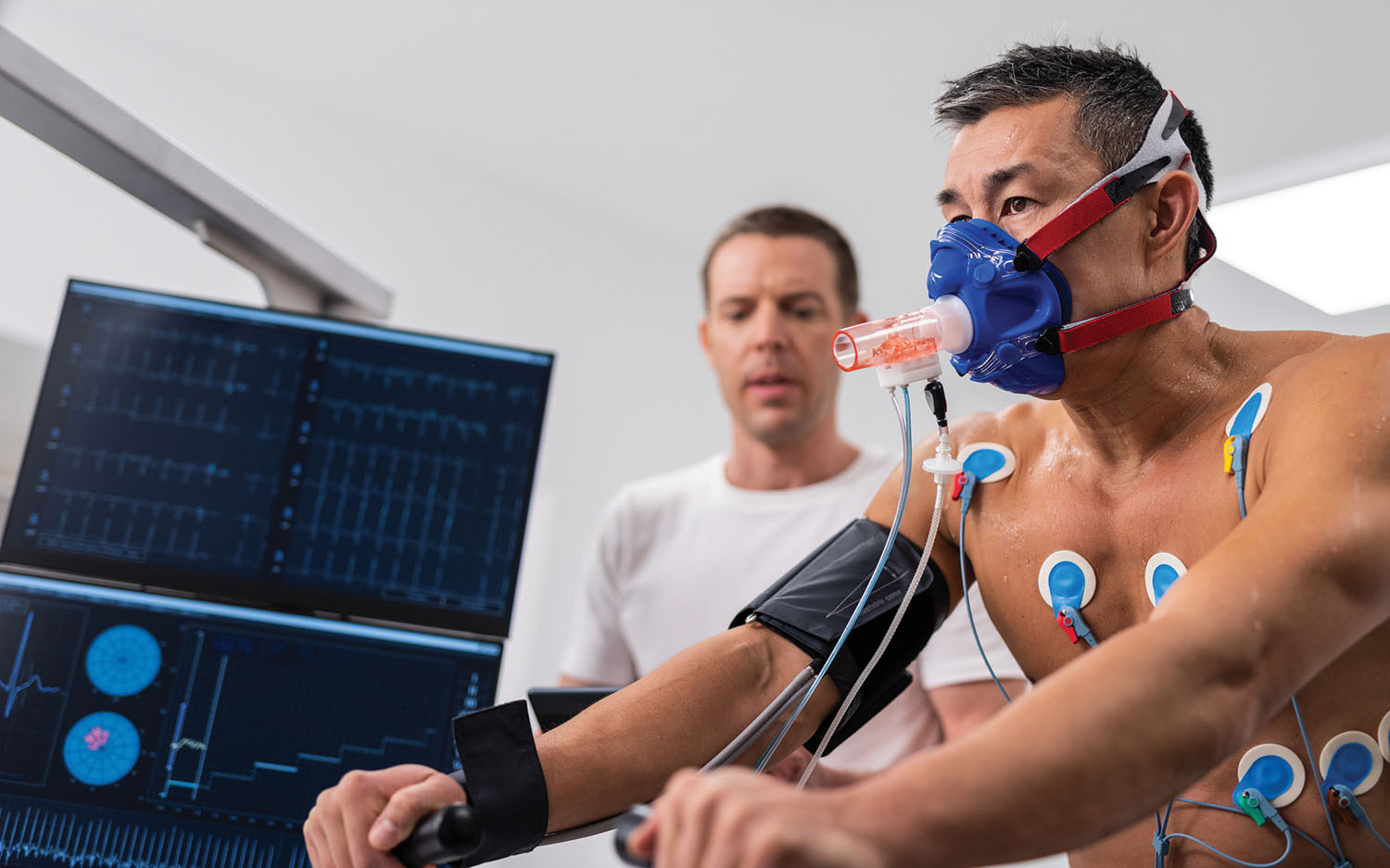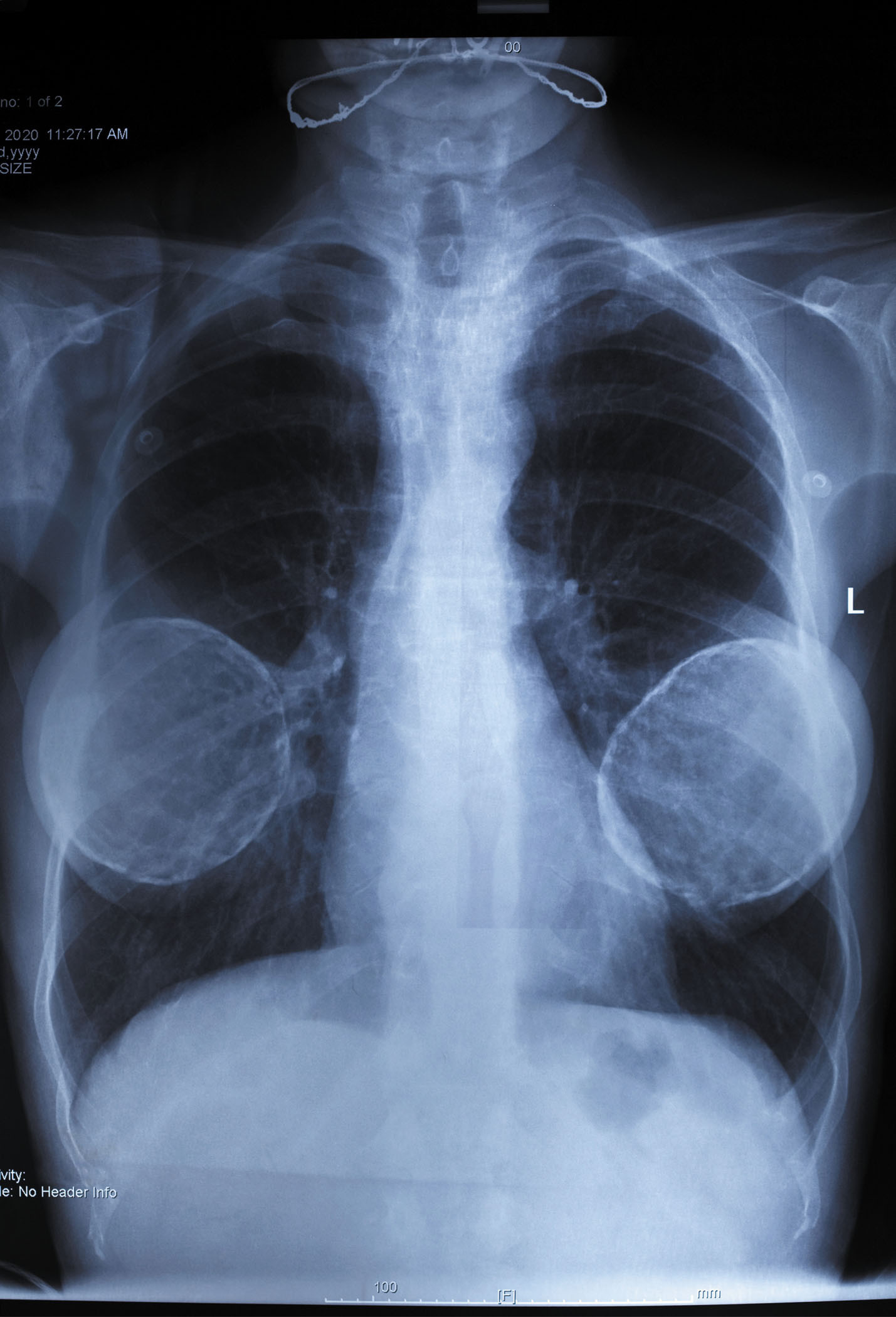
Wildfires: How to cope when smoke affects air quality and health

What can magnesium do for you and how much do you need?

Dry socket: Preventing and treating a painful condition that can occur after tooth extraction

What happens during sleep �� and how to improve it

How is metastatic prostate cancer detected and treated in men over 70?

Could biofeedback help your migraines?

What is autism spectrum disorder?

Plantar warts: Options for treating this common foot condition

Cancer survivorship: What comes next after treatment

Nutritional yeast: Does this savory, vegan seasoning pack a nutritional punch?
Medical Tests & Procedures Archive
Articles
Unique blood test may offer a speedier cancer diagnosis
A groundbreaking blood test might someday identify cancer in people with unexplained but worrisome symptoms like unexplained weight loss, frequent fatigue, constant nausea, and new pain.
What can cause a persistent dry cough?
It's common to have a cough for weeks after an upper respiratory infection. When a cough lasts six weeks or longer, doctors may order a chest x-ray to check for an underlying lung problem. Chronic coughing also can result from medications, postnasal drip, acid reflux, or asthma.
Unmasking the varied causes of breathlessness and fatigue
Cardiopulmonary exercise testing (CPET) can help diagnose unusual causes of breathlessness, such as pulmonary hypertension or heart failure with preserved ejection fraction. CPET collects information about a person's heart and lung function to assess how the body responds to exercise. It may also help doctors better understand the lingering fatigue and breathlessness that sometimes occur after a COVID-19 infection.
Can platelet-rich plasma injections heal your joints?
Platelet-rich plasma injections are used to reduce pain and speed healing for a number of common problems that affect the tendons, muscles, and joints, ranging from arthritis to shoulder pain. But a growing body of research shows that they may not be effective for some conditions, including knee osteoarthritis, ankle osteoarthritis, and Achilles tendinitis. There is some evidence that it may be effective for lateral epicondylitis (tennis elbow). People should consider whether there is a better option before undergoing PRP injections.
FDA wants women to understand the risks and benefits related to breast implants
The FDA recently moved to help make certain that women considering breast implants have a clear picture of what implants involve before moving ahead with surgery. The agency announced a series of changes in October 2021. These include new labeling requirements for breast implant manufacturers, a requirement that facilities provide patients with a checklist outlining potential risks and benefits related to breast implants, and updated screening recommendations to detect leaks in silicone breast implants.
Can I skip colonoscopies after age 75?
Most people don't benefit from colonoscopies after age 75, but before stopping they should have a discussion with their doctor.
Do you need a coronary calcium scan?
A test called a coronary artery calcium (CAC) scan uses a special type of x-ray to look for plaque in the arteries of the heart, which raises the risk of heart-related problems. While CAC scans can be valuable for detecting people at higher risk of heart problems from plaque buildup, this test isn't right for everyone. It's typically most useful for people who don't yet have symptoms of heart disease, but who do have some risk factors. Determining how much plaque is in the arteries can help guide decision making about preventive strategies. The test is less useful for people at very low or very high risk for heart disease.
A look at health screenings
Men are less likely than women to get regular exams and tests, especially when they are younger. But as they age, routine screenings are essential. There are certain tests most men should have at some point, including ones for colon cancer, high blood pressure, hepatitis C, diabetes, and HIV. Other tests men should consider if they are at high risk for specific ailments, such as abdominal aortic aneurysm, hepatitis B, and lung cancer.
A new way to detect dangerous blood clots
A substance that binds to blood clots may one day offer a novel, less invasive strategy for finding dangerous clots in the heart and elsewhere in the body.

Wildfires: How to cope when smoke affects air quality and health

What can magnesium do for you and how much do you need?

Dry socket: Preventing and treating a painful condition that can occur after tooth extraction

What happens during sleep �� and how to improve it

How is metastatic prostate cancer detected and treated in men over 70?

Could biofeedback help your migraines?

What is autism spectrum disorder?

Plantar warts: Options for treating this common foot condition

Cancer survivorship: What comes next after treatment

Nutritional yeast: Does this savory, vegan seasoning pack a nutritional punch?
Free Healthbeat Signup
Get the latest in health news delivered to your inbox!
Sign Up











